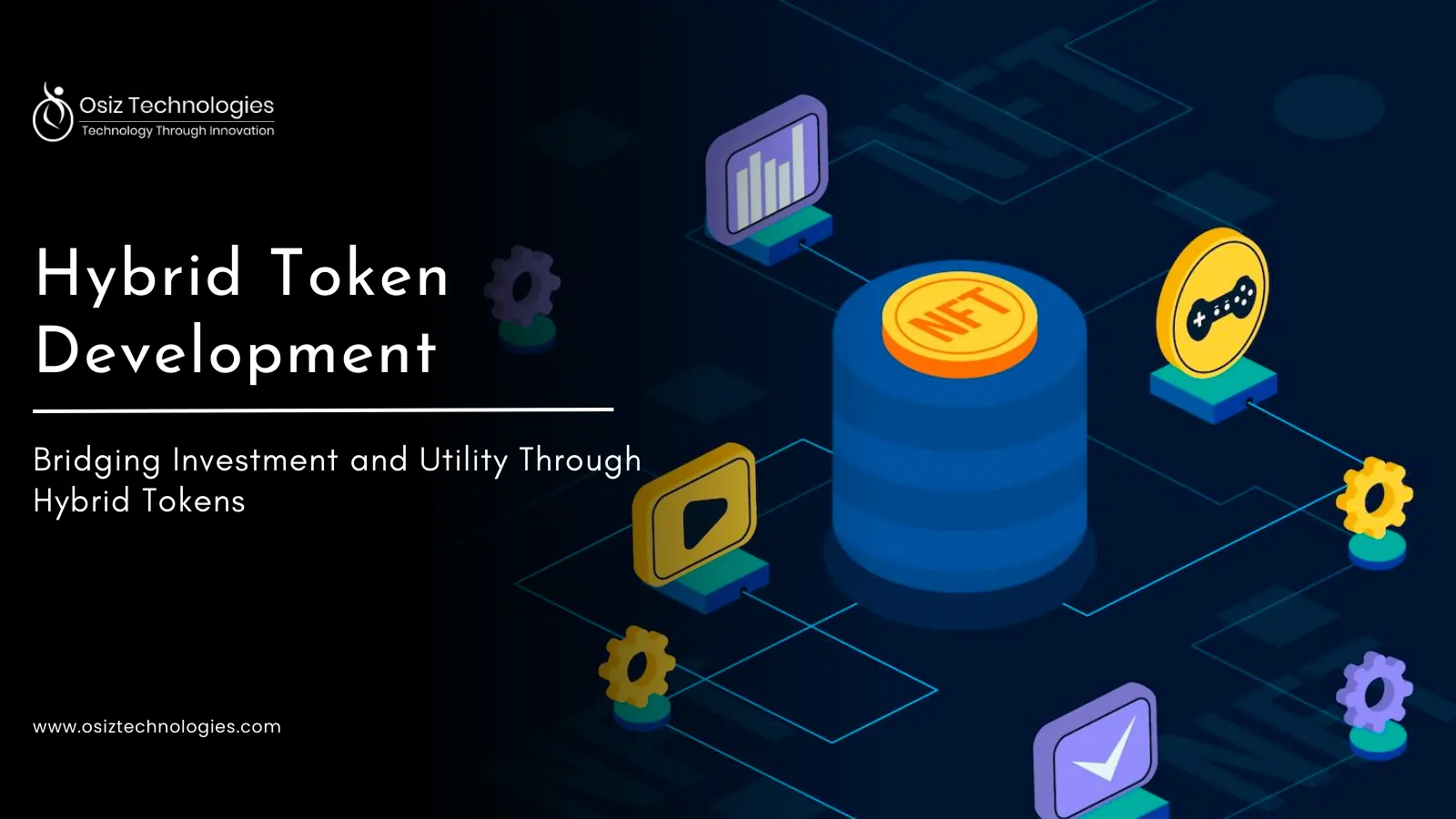The combination of blockchain and genomics presents an innovation for a future approach to the healthcare sector. Combining blockchain with genomics for solving important challenges related to data security, privacy, and interoperability has however been instrumental in the adoption of modern healthcare approaches. The blog will take a sneak peek into Blockchain application in Genomics, and inspect the importance of new arrivals in blockchain technology advancements and market segmentation related to applications that are powered by genomics.
Blockchain in Genomics
Blockchain technology provides a method for securing and sharing genomic data via a distributed, immutable ledger. It addresses two of the major concerns related to data confidentiality and protection by enabler tamper-proofing, authorizing access to users only allowed. Blockchain-based applications are subsequently emerging in the field of genomics such as a more secure way to store sensitive genetic data.
Key Advantages of Blockchain in Genomics
Data Security and Privacy: Blockchain technology ensures that Genomic data stored and shared on the system remains entirely secure and safe from any unauthorized access or tampering. This is important to keep patient privacy intact and also abide by regulations such as GDPR, HIPAA, etc
Interoperability: Genomics to deliver rapid progress in interoperability – allowing data to move easily across healthcare providers and researchers.
Traceability and Transparency: Blockchain provides an immutable nature helping in data transactions. This is crucial, particularly for research and clinical studies where upholding data integrity is essential.
Cost Efficiency: With fewer middlemen and a decrease in administrative hassle, blockchain has the potential to drastically reduce genomic data management fees.
Market Segmentation of Blockchain in Genomics
There are several ways to divide the genomics industry into different segments. Comprehending these sectors is important to discern the pivotal domains in which blockchain technology might yield substantial effects.
By Application:
Clinical Research: By offering a transparent and secure platform for patient recruitment and data sharing, blockchain simplifies clinical studies. Research study efficiency and accuracy are increased as a result.
Personalized Medicine: By combining blockchain with genomics it becomes possible to create personalized treatment plans based on an individual's genetic makeup resulting in therapies that are more targeted and effective.
Data Storage and Management: Blockchain provides a flexible and secure way to store large quantities of genomic data safeguarding its integrity and accessibility for future purposes.
By End-User:
Healthcare Providers: By utilizing blockchain tech hospitals and healthcare facilities can protect genomic data ensuring better patient care and outcomes.
Pharmaceutical Companies: Pharmaceutical companies can harness blockchain to optimize drug creation and clinical trial procedures improving the efficiency and reliability of their research practices.
Research Institutions: Universities and research institutions can leverage blockchain technology to enable secure data sharing and cooperation speeding up progress in scientific studies.
Emerging Trends in Blockchain for Genomics
The genomics industry is transforming with new trends highlighting the increasing importance of blockchain technology in tackling the challenges and opportunities present in this sector.
Integration with Artificial Intelligence (AI):
Blockchain combined with AI will upgrade genomics by improving analytics and decision-making. AI’s role in genomics will be in managing and processing large data source volumes stored on the blockchain. The algorithms will find out how to interpret and give data-based insights into how our genes convey these diseases.
Decentralized Genomic Databases:
Using blockchain adds an architectural layer that allows for the better and more controlled opening of data from of the data silo. Essentially, this means that he can get paid for providing access to that data to other researchers or pharmaceutical companies.
Blockchain in Clinical Trials:
The use of blockchain in clinical trials, and consent is also set to remain a key topic of interest from a regulatory perspective, and we explore how blockchain could be used to better manage patient consent. The transparency, integrity, and traceability of data/document recording.
Patient-Centric Models:
This means that patients need to own their genome file. They need control over it so that they can grant or withdraw access and in all cases know who accessed it and when.
Collaboration and Data Sharing:
By utilizing blockchain different stakeholders involved in tackling the most challenging issues in genomics such as healthcare institutions, tech firms or drug manufacturers can enhance efficiency, speed, and security in their efforts. This technology has the potential to facilitate collaboration among various intermediaries within the healthcare system leading to significant advancements in data sharing practices moving forward.
Final Note
The use of blockchain technology in genomics holds great promise for transforming the healthcare sector. By addressing key issues like data protection, confidentiality, and system compatibility blockchain offers a solid framework for handling genomic information. The division of the genomics market based on applications, end users and regions showcases the various fields where blockchain can make a significant difference. As a prominent blockchain development company Osiz is committed to harnessing technologies to drive progress in the healthcare industry. With its tailored blockchain technology solutions and cutting-edge tech offerings, Osiz is leading the way in this digital evolution process assisting businesses in unlocking the full potential of blockchain within genomics.
Listen To The Article












